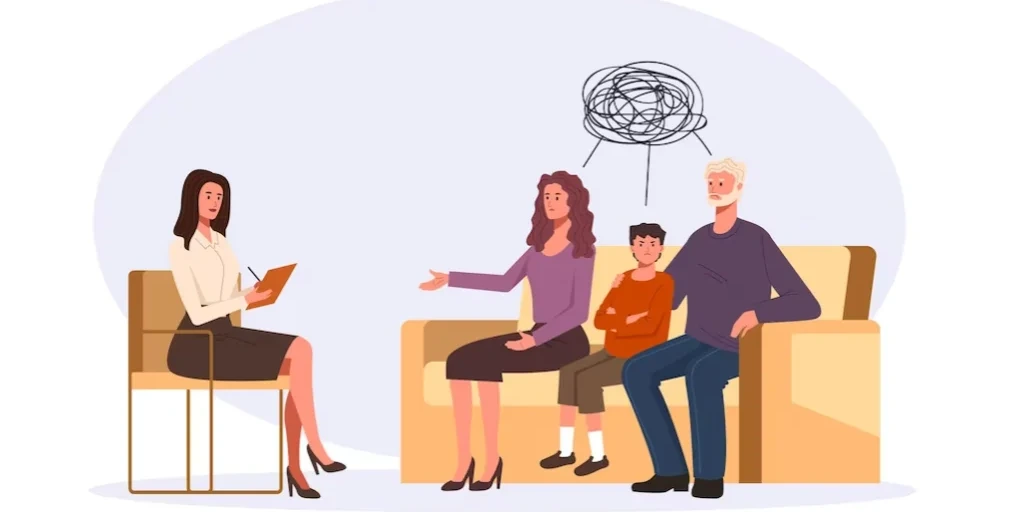24/7 Helpline:
(866) 899-221924/7 Helpline:
(866) 899-2219
Learn more about PTSD Rehab centers in Union
PTSD Rehab in Other Cities

Other Insurance Options

Medical Mutual of Ohio

MVP Healthcare

Ceridian

UnitedHealth Group

ComPsych

MHNNet Behavioral Health

Molina Healthcare

Optima

WellPoint

Oxford

Sliding scale payment assistance

Health Net

Multiplan

Magellan Health

GEHA

Humana

BlueShield

Anthem

Choice Care Network

BlueCross

Woodlands Behavioral Healthcare Network
Woodlands Behavioral Healthcare Network works with individuals, families, and the community to inspi...


























































































